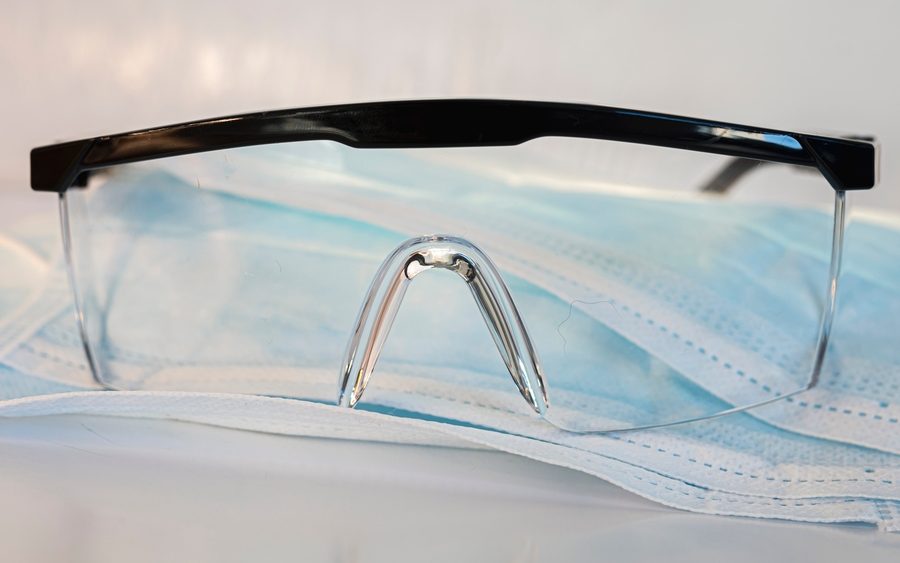“Crisis moments can be the best time for collective trust building,” says Jarrod Goentzel, principal research scientist and lecturer for the Center for Transportation and Logistics (CTL) and director of the MIT Humanitarian Supply Chain Lab. “People’s minds are open in unique ways during crisis, so it’s a good time to shape our mindset for moving forward.”

Goentzel is referring to the double crisis that struck the United States earlier this year: the Covid-19 pandemic and the resulting personal protective equipment (PPE) shortage. In response, MIT was agile — collecting, fundraising, and facilitating the purchase of PPE donations (i.e., gloves, face masks, face coverings, gowns, face shields, sanitizing wipes) for front-line workers at MIT and beyond. Now, as campus repopulates with a percentage of students, staff, faculty, and researchers, Goentzel is part of an interdisciplinary research team convened by the MIT Office of Sustainability (MITOS) to “shape mindsets” and identify sustainable procurement and sourcing strategies for PPE going forward.
View full article at MIT News
